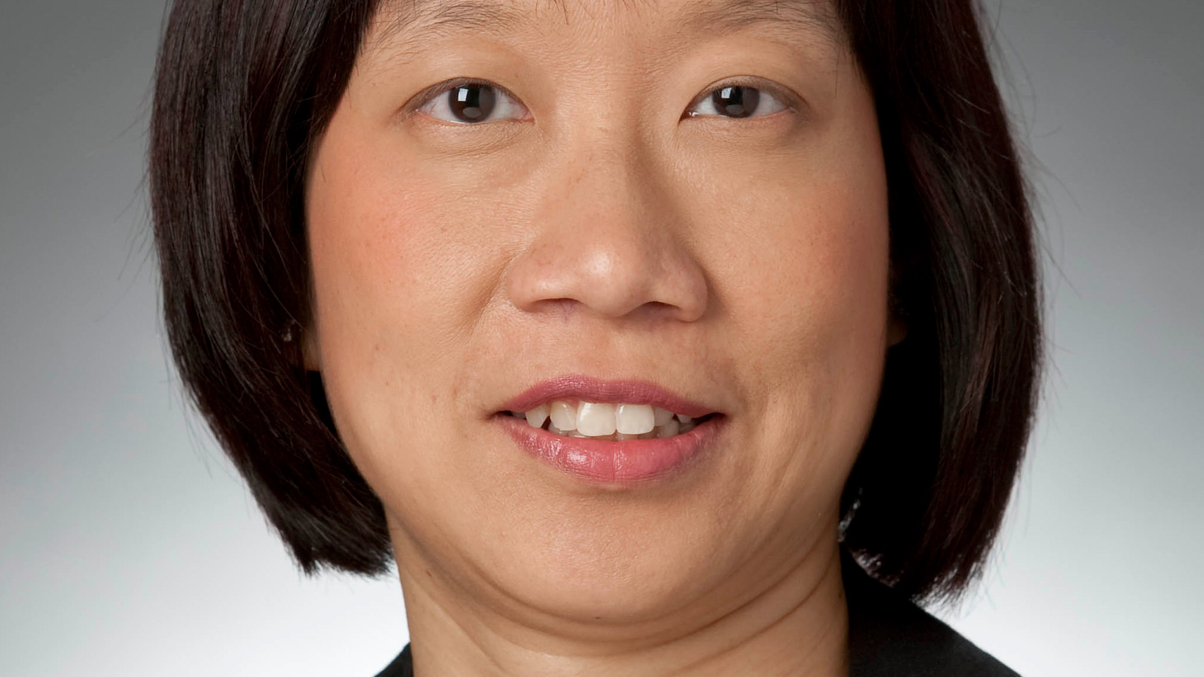Credit Suisse PB unveils top themes for investors
The private banking division favours risk assets and is overweight equities, commodities and real estate and underweight fixed income.

Credit Suisse Private Banking has unveiled its top investment themes for 2011 against a backdrop of growing discrepancies between fiscal and monetary policies around the globe.
Sign in to read on!
Registered users get 2 free articles in 30 days.
Subscribers have full unlimited access to AsianInvestor
Not signed up? New users get 2 free articles per month, plus a 7-day unlimited free trial.
¬ Haymarket Media Limited. All rights reserved.


